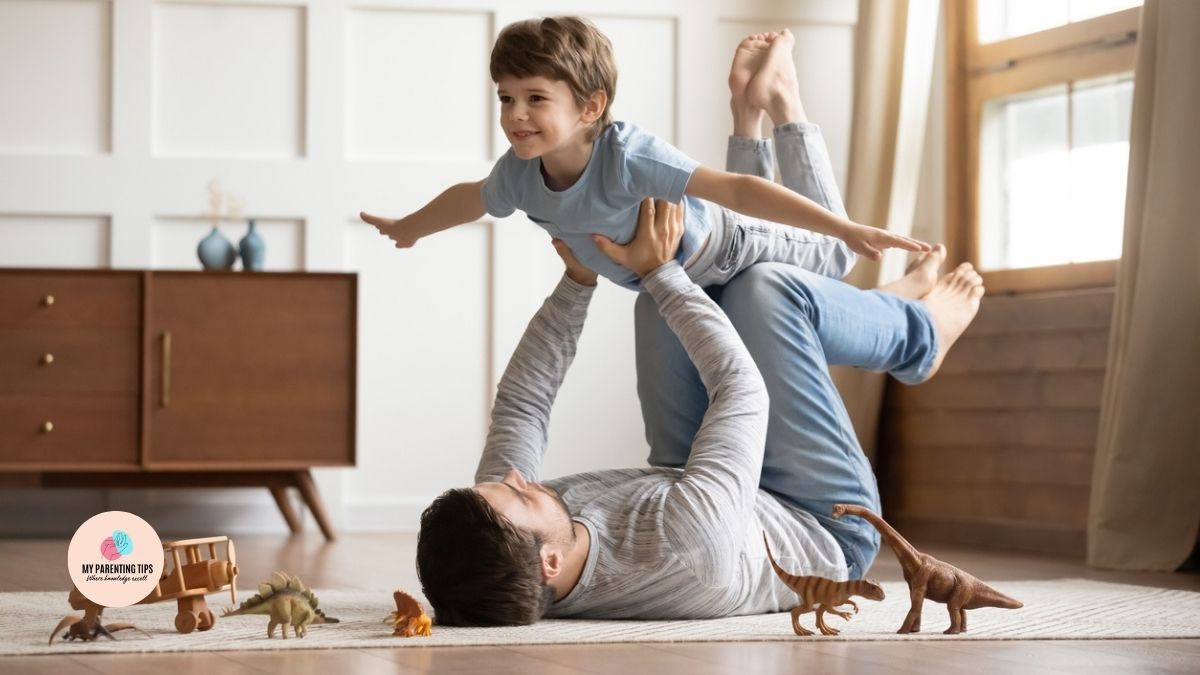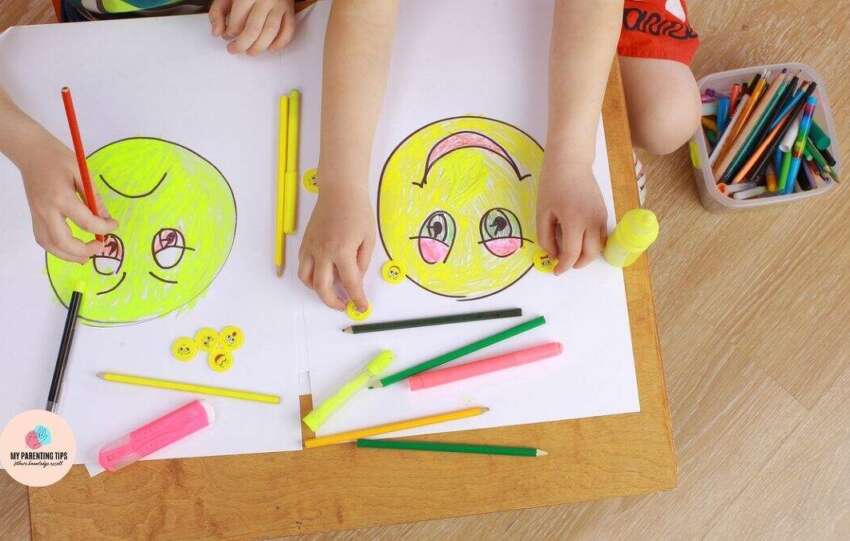What Developmental Factors Affect Children’s Behavior?

“With practical advice for parents to encourage good behavior and development, this article investigates important developmental elements that impact children’s behavior by means of emotional, social, cognitive, and environmental effects.”
Knowing children’s behavior can be a difficult road since many developmental elements affect how they view and interact with the surroundings. Often dealing with difficult behaviors in young children, parents, caregivers, and teachers look for direction on how best to help them. Nurturing a child’s development into a balanced, emotionally healthy person depends on an awareness of what shapes conduct of children. This article investigates important elements influencing behavior and provides techniques to help kids on every level.
Link Between Development and Behavior
Young children’s behavior is closely related to their growth. Growing youngsters learn to communicate their wants, recognize others, and negotiate emotions. These skills, though, do not emerge over night. Every level of Behavior & Development carries particular benchmarks and difficulties. Children’s behavior is shaped in part by social contacts, emotional support, and physical development as well as by their parents.
Important Developmental Factors Affecting Children’s Behavior
Several elements are influencing behavioral development, hence every child experiences something different. The following are some main inspirations:
1. Emotionally Development
The behavioral development of children depends on emotional development. Children who learn to recognize, articulate, and control their emotions will be able to negotiate the ups and downs of life. Early on in life, irritation, rage, or fear can induce outbursts in young children without emotional control abilities. Important stages on this road are teaching children soothing strategies and helping them to name feelings.
Children who struggle with emotions may act out to help them to understand. Establishing a secure atmosphere where emotions are validated promotes normal emotional growth. See our linked post on Pediatric Behavioral Health and Development for more ideas on helping children develop emotional wellness.
2. Social Progress
Behavior is significantly shaped by social contacts. Children pick social conventions, collaboration, and empathy as they become close to family members, peers, and teachers. In group environments, conduct is influenced by sharing, turn-around, and dispute resolution capacity.
3. Cognitive Development
Children’s processing of knowledge, problem-solving ability, and decision-making process change with cognitive development. Children’s logical thinking and sense of consequences grow along with their increasing cognitive ability. These abilities direct conduct and help one make decisions.
4. Personal Growth
Children’s conduct also reflects physical development including motor skills and general health. Mood, energy level, and general well-being can all be affected by sleep, diet, and physical condition. Children who sleep too little, for example, could show hyperactivity, impatience, or trouble focusing.
Environmental Affections on Behaviour
Kids behavior and development are highly influenced by their surroundings. While chaotic or inconsistent circumstances can cause uncertainty and worry, supportive, orderly surroundings help to build security. Here are some elements of the surroundings to give thought:
1. Dynamics of Families
Children’s perspective of love, safety, and trust is shaped by their family dynamics. Children search their parents or guardians for emotional signals; so, a stable home setting helps create a feeling of security. High degrees of tension or unpredictability in a house could lead to behavioral problems since children might not feel safe sharing themselves honestly.
2. Educational Environment
One important social setting influencing behavior is the classroom. Children engage with teachers and peers in school for a good chunk of their day. Their behavior is influenced by their interactions, guidelines, and experiences as well as by their relationships. Positive relationships and emotional safety in supportive school environments inspire prosocial behavior that is, sharing, helping, and teaming.
3. Technology and Media Visibility
Children’s conduct has attracted attention lately about media and technology. Too much use of digital devices can shorten attention spans, throw off sleep habits, and cause impulse actions. Children’s view of appropriate behavior can be shaped by some media content, particularly graphic shows or games.
Techniques for Facilitating Behavioral Growth
Supporting the behavioral development of your child calls for both proactive involvement and understanding mixed with patience. These are some techniques:
1. Model Good Behaviour
Young children typically copy adults, especially parents and caregivers. Your child’s own behavior can be modeled by your showing good communication, patience, and problem-solving. Young people are more prone to copying adults who effectively control their emotions.
2. Promote Open Communication
Youngsters should be at ease talking about their emotions and ideas. Urge them to openly communicate their feelings and practice non-judging and attentive listening. Assuring them that “I understand you’re feeling angry, and that’s okay,” allows them to feel validated. Validating emotions, even challenging ones, allows them to be heard and lessens their chance of acting out.
3. Create Habits and Limits
Children’s sense of security and predictability provided by structure encourages good conduct by itself. Clearly define expectations and practices including regular mealtimes, sleep rituals, and planned playtime. Children who know what to expect are less prone to be worried or act impulsively.
4. Offer Compliments and Constructive Criticism
Acknowledging good deeds strengthens such activities. Reward kids for wise decisions, teamwork, or compassion. Positive reinforcement helps kids to keep on these activities and raises their self-esteem, therefore making them valuable and cherished.
5. Get Expert Help As Needed
Sometimes, despite best attempts, behavioral problems may continue. See a pediatric behavioral specialist if a child’s actions start to disrupt or worry you. A behavior and development specialist can evaluate any underlying problems and offer your child customized support, such as social skills training or therapy, to enable them to flourish.
Conclusion
Different developmental and environmental elements affect children’s behavior; each one helps to define their emotional and social surroundings. Understanding the elements behind children’s behavior development helps parents and other caregivers to provide the means to encourage good conduct and promote development. Knowing what motivates your child’s behavior will help them negotiate emotions, develop social skills, and finally flourish. Recall that every child is different and helping them calls for consistency, empathy, and patience.
Disclaimer
This page is only for informative purposes; it does not replace expert medical advice. See a professional pediatric behavioral health specialist for individualized advice if you worry about your child’s conduct.



